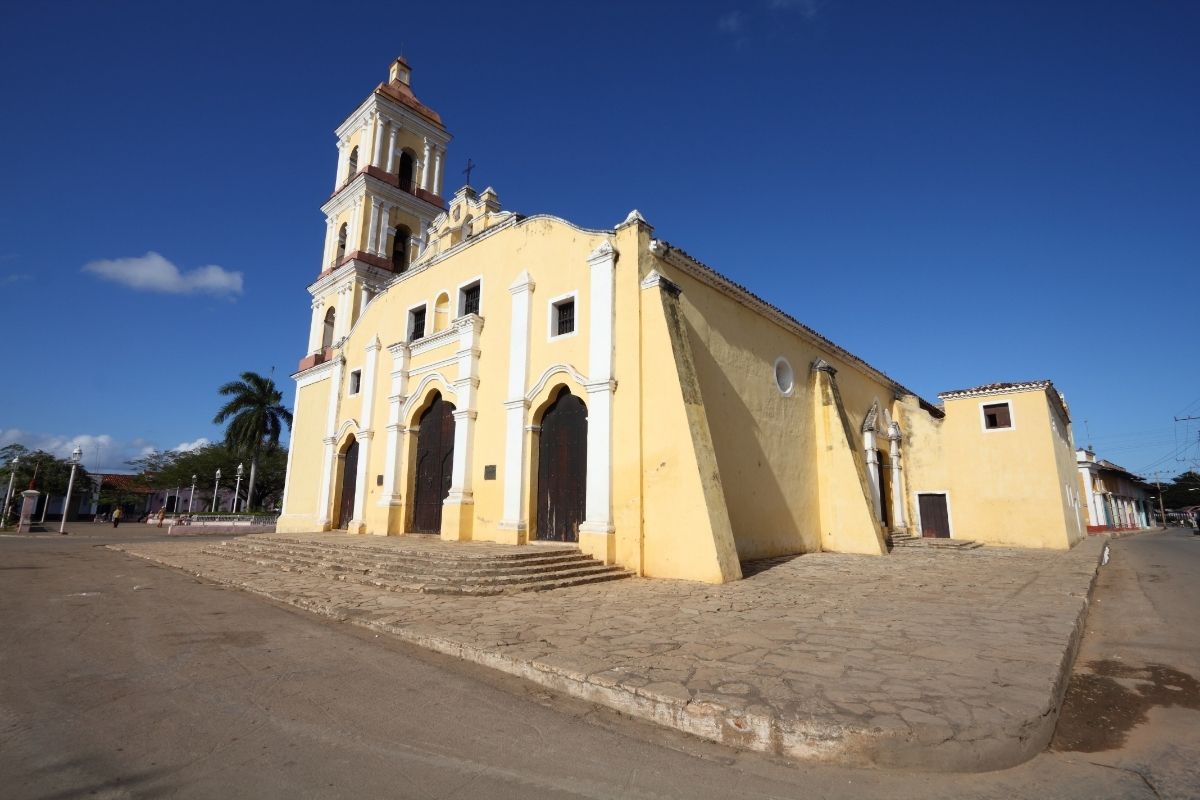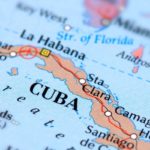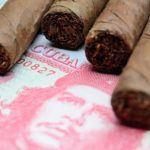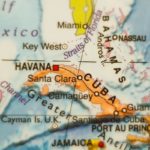Cuba and the United States of America have a long and storied history.
Not only are these two countries neighbors, but have been in regular contact with each other in one form or another for a few hundred years.
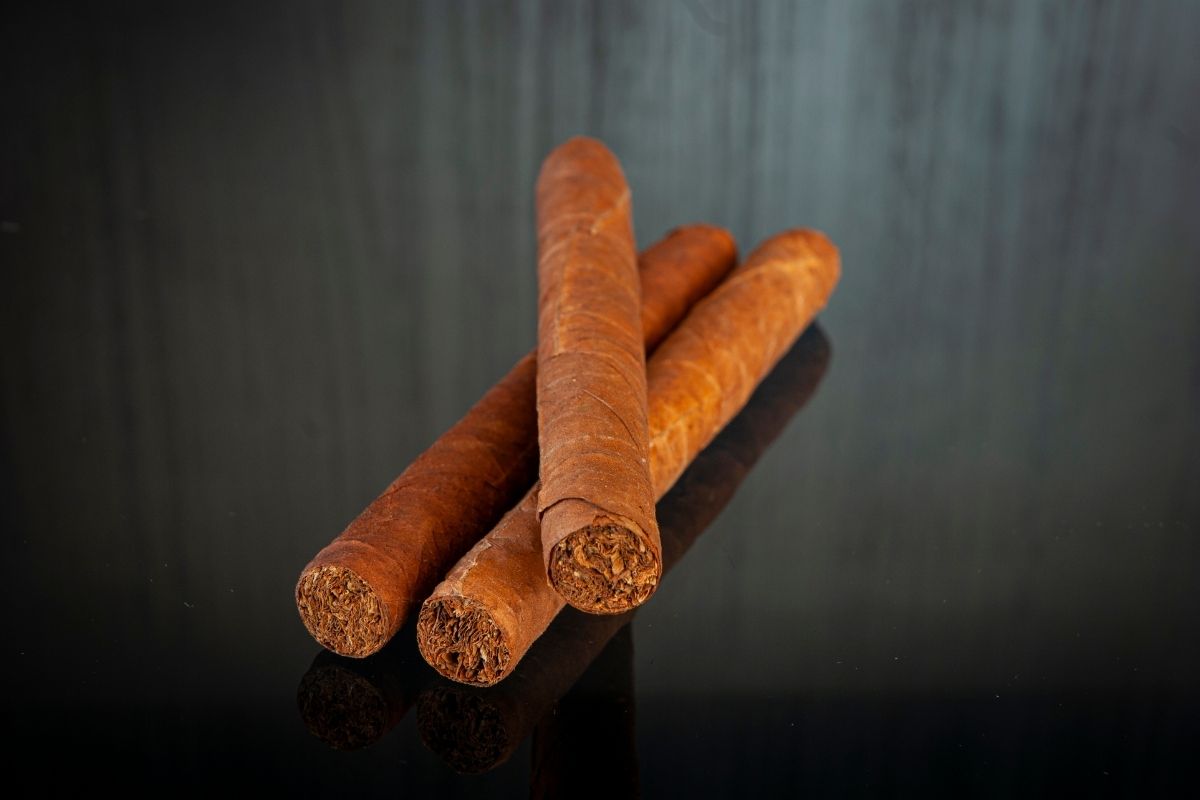
This has meant the passage of goods and services has always been part of the norm between America and Cuba.
From rum to sugar cane, boats have regularly ventured from Cuba to Florida, spreading the Caribbean islands goods to the mainland and vice versa.
However, there is one product that is illegal to buy in the United States, one product that is of Cuban origin: cigars.
That’s right, Cuban cigars are illegal to purchase within the United States. But why is that the case? Why are Cuban cigars illegal?
History Of Cuba
To fully understand why this ended up happening, we need to take a look at Cuba’s history and the United States involvement in it.
Before the European colonial powers learned of North and South America’s existence, the Caribbean was dominated by one ethnic group: the Taino.
These people had been on the Caribbean islands since 4000 BCE and maintained their hegemony over the Caribbean until the 15th century, when they were displaced and destroyed by the Spanish colonial empire.
By 1570, Spain had complete control over the territory of Cuba and used it as a focal point for their empire in the Americas.
Cuba did have a lot of sugar cane plantations and utilized slaves purchased through the North Atlantic slave trade from Africa, which lead to civil unrest and open rebellion at points.
When the Spanish Empire collapsed in the Americas in the 1820s, Cuba remained part of the Spanish Empire willingly, due to its dependence on Spanish trade.
This ended in 1868 when the Ten years war began led by Cuban dissidents and resulted in three major rebellions that eventually led to Cuba’s independence in 1902.
These wars lead to the Spanish-American War of 1898, which ceded the remains of the Spanish Empire – Guam, the Philippines, and Puerto Rico to Spain – while Cuba remained a protectorate under the United States, with it formally being its own country.
Unfortunately, while Cuba was nominally independent, it was still under the complete control of another foreign power, the United States, which chaffed the people.
The US during this period was establishing itself as a powerful global nation, and one of the ways it did this was by interfering in the politics and economies of those – in what it considered – its sphere of influence.
The US would often stop revolts against rule happening and prop up presidents in trouble to maintain control, which naturally fostered resentment.
This all came to a head in 1952 when Fulgencio Batista led a military coup and stripped Cubans of their constitution and liberties.
Unfortunately, this time period was also the Cold War and since Batista was against the Communist party, the American government chose to turn a blind eye because of this until 1958.
This was when they pressured him to resign after a revolution led by Communist revolutionary Fidel Castro, that had been raging for 5 years, had begun winning militarily.
At first, the US were in favor of the revolution, but that opinion quickly shifted when the politics of the country were clearly not in line with American ideology.
So, Why Are Cuban Cigars Banned?
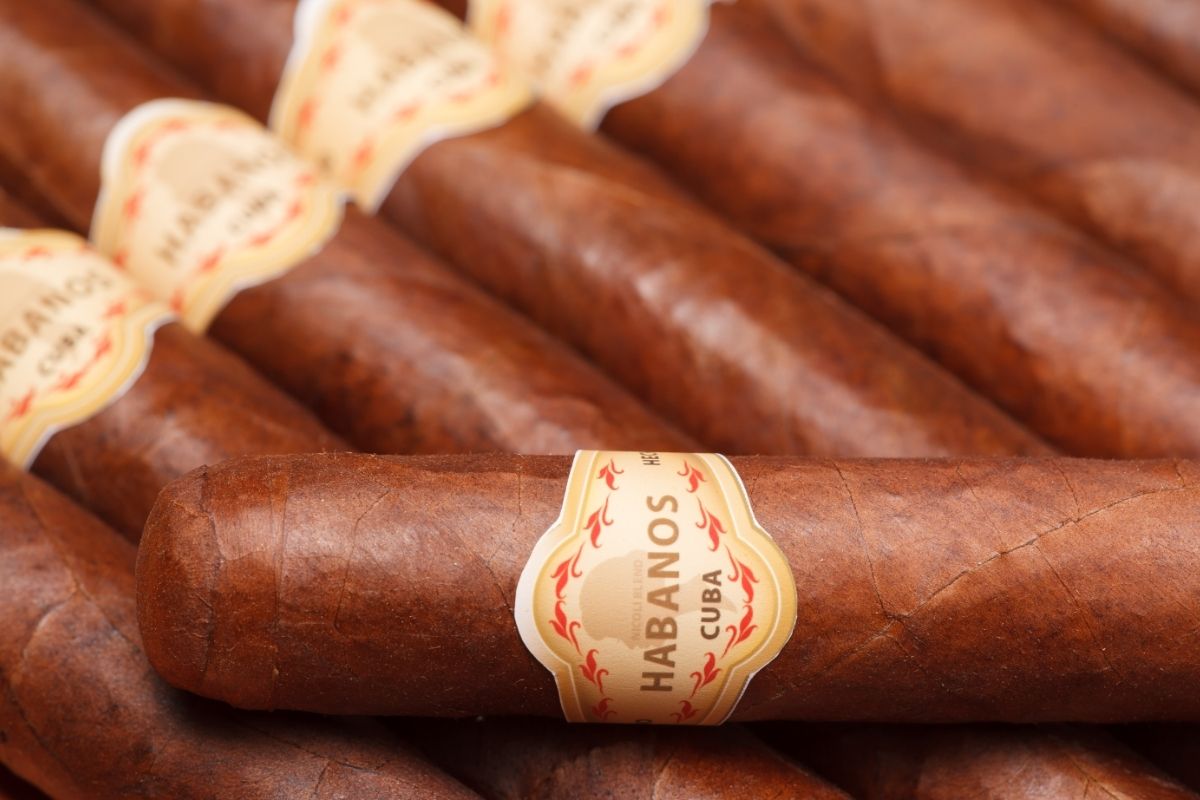
So, now we have the context for the ban of Cuban cigars, but now for the actual reason.
You can probably see the writing on the wall, but the reason for the ban of Cuban cigars is the fear of the spread of Communism.
This era of geopolitics is a power struggle between two major superpowers, the United States of America and the USSR.
These were two vast and powerful nations that had been born in the ashes of empires through revolution and were now facing off against each other using the world as their chess board – otherwise known as The Cold War.
In the 60s, the US was starting to take a hard line stance to Communism, with the 50s being a time of the first major conflict of the Cold War – the Korean War – and each superpower trying to influence countries to join their ideological side.
Cuba was now a communist country right next door to the United States.
The United States did not like this, and Cuba was quite antagonistic to the United States for all its interference and propping up of some quite shady presidents.
In 1961, John F. Kennedy was elected on a proclamation of ending Communism.
In 1962, he enacted a trade embargo on Cuba, banning the purchase and sale of goods to and from Cuba to the US.
At the time, many luxury goods were imported from Cuba, including rum and sugar, but Cuba’s biggest export by far was, you guessed it, tobacco and cigars.
Even today, that is Cuba’s single largest export.
This trade embargo wasn’t just to punish Cuba, it was also a warning to other countries in the Americas to fall in line under the United States direction.
Any country that wanted to emulate Cuba’s path would do so with no trade from the US.
Since the US was the world’s largest economy and single largest trade partner for many American countries, many dared not risk their ire.
This trade embargo was also meant to ensure the Communist party’s failure and fall from government.
The problem was that other Communist countries helped to prop up the economy, so while it did have an effect, it wasn’t much of one.
The embargo continued throughout the Cold War and continued until Castro’s death in 2016.
Hang On, Why Are Cuban Cigars Still Illegal Then?
It does seem pretty odd that a country like Cuba, that is just opening up to foreign trade, and a country like the US, where the people love to trade and have a free market, would continue the embargo.
There are really two reasons for this, although you may not find them satisfactory.
The first is that the relationship between Cuba and the US is incredibly shaky at best, even now.
Cuba was used as a buzzword in American politics for a long time, and seeing a popular tourist and holiday destination become a Communist nation on their doorstep was something that made Americans deeply distrustful of the Cuban people to this day.
Likewise, the Cuban people only ever saw Americans as a group who dominated the Cuban island not caring for the people and interfering constantly for their own benefit, rather than Cuba’s.
Even now, this view has made them wary of their larger neighbor.
This has not been helped by the politicians of both countries lambasting the other. This brings us to our second reason.
American politicians like having Cuba in their back pocket as something to grandstand on.
They are an easy foreign country to rile up the people against, because the distrust of the Cuban government is already bubbling underneath the surface, especially when they need a way to placate the masses.
This is true of the Cuban government as well, but it is the US government that controls the embargo.
As such, politicians won’t make a move on the embargo, because it is useful to them.
Conclusion
As you can see, the ban on Cuban cigars is really a holdover from the Cold War and is kept about today because of the mistrust between the American and Cuban governments.
This may end in the future, but not any time soon.
- What Is The Largest Island In Cuba? - September 19, 2022
- Havana – Why Is It Cuba’s Most Exciting City? - September 19, 2022
- Cheapest Time To Visit Cuba (Ultimate Guide) - September 19, 2022


